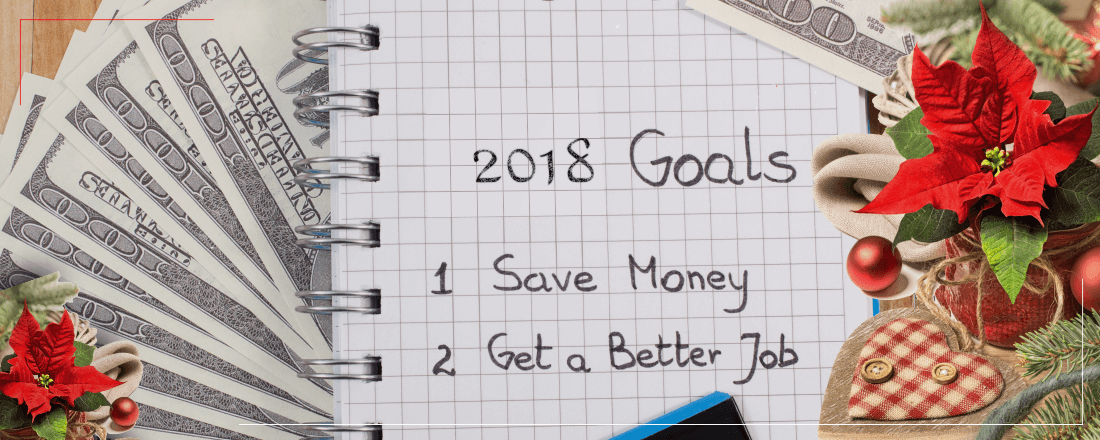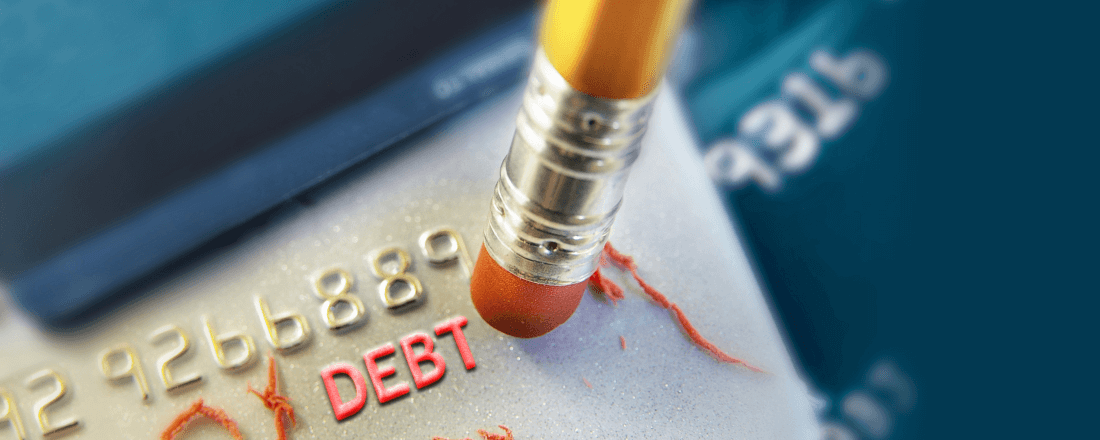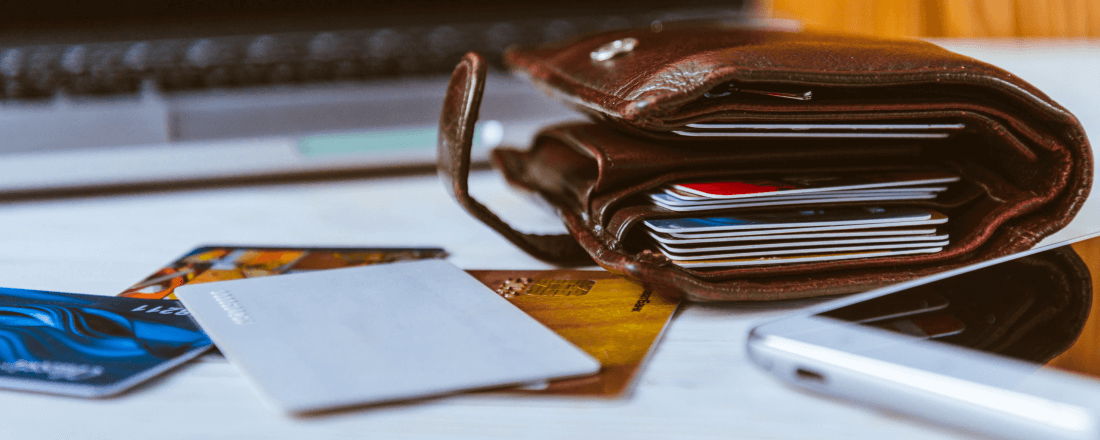
It’s that time of year where everyone is talking about the goals they plan to set for the new year. There’s a lot of talk about getting to the gym more and eating less junk food
While all this is well and good there is a three-digit number that may be getting sadly ignored. Not your weight. Your credit score. While you are going to want to keep that number on the scale low you are going to want to get that credit score to gain as much as possible.
So this year New Year make a commitment to your credit score. Resolutions like these will not only have a positive impact on your future and lay a pathway for success, but they’re great to boost morale which can easily lead to a couple of pounds shed.
Repair your credit
A good credit score can be a vital tool in building a successful life. Most people know that a having bad credit can make it impossible to get a mortgage, but what you may not know is it can also affect other things like car insurance rates and may even be considered by employers when being reviewed for a job. In many cases this three-digit number called your credit score may be to some the only indicator of your level of responsibility.
By taking a quick look at your credit report, you’ll find out what’s keeping your score down, and with that information you can begin taking the actions necessary to fix it. There are several things that could potentially have a negative impact on an individual’s credit report, but one thing that everyone needs to keep in mind is that the information found in their reports may not be 100% accurate.
In 2013, the information released from a study conducted by the FTC determined that one in every five American consumers (21 percent) has an error on their credit report. If you see a negative mark on your report that you feel is an error, you may be able to dispute it. Examples of errors that are eligible for a dispute include:
- Information pertaining to accounts that aren’t yours
- On-time payments that were reported late
- Inaccurate information about credit amounts, account balances and account statuses
Unfortunately, not every negative mark on a person’s credit score is going to be an error. We all know mistakes can happen and nobody is perfect. Whether you have made a recent mistake or have been neglecting your score for years there is nothing unfixable. However, if you don’t do anything it will not fix itself.

Some measures you can take to improve your credit score include paying off debts and opening a secured credit card if your score is too low to qualify for a traditional one. Some mistakes have quick fixes, but depending on the damage the main thing you may need is time.
Get out of debt
The first thing that everyone must do when trying to get out of debt is think about how they got into debt in the first place. Yes, it’s true that most individuals will get themselves into debt after a series of irresponsible impulse purchases, but it’s possible to have gotten in debt for reasons that were out of your control. Whatever the reason may have been, reflecting on how you got into debt is important so it can be prevented in the future.
Once you’ve identified the reason for being in debt, it’s important to create a plan that will get you out of debt faster. When budgeting, review your expenses and decide what purchases are necessary. Going forward, avoid making those purchases you’ve deemed unnecessary to avoid creating more debt, and only focus on purchases that are crucial.
It is also vital that you budget an appropriate amount towards paying off your debt. If you’ve only been paying the monthly minimums, you will not see a significant decrease to your debt as you will mostly be paying interest. Making only the minimum payment will also prolong the amount of time that you are in debt.

Organize your wallet
Many people have more than just one credit card. If you’re someone who’s been opening several new credit cards throughout the years, it’s highly likely that either some of those cards have expired by now or you have no further intentions of using some of them. If this is the case, it might be a good idea to manage the cards you carry in your wallet, to start the new year off with a clearer head.
Know what credit cards you want to use for what purposes. It is a good idea to have more than one card in your wallet but I suggest not carrying around cards that you don’t use regularly. However, I do suggest keeping most accounts open.
I wouldn’t close unused accounts for several reasons. Older cards can be good for your credit age and the length of your credit history. Your debt to credit ratio may also be affected by closing unused accounts as the amount of their limit comes of the top of your overall credit.
However, closing cards with low limits that have not been open for a long period of time will probably have little impact. This should only be done if you’re not planning to apply for a mortgage or loan anytime soon, since it can potentially affect your credit report which could cause your score to take a temporary hit.

Start using credit wisely
The best thing you can do to enhance your credit in the new year is to educate yourself about proper credit card etiquette. By following a few basic rules, you can successfully avoid becoming another victim of credit card debt and maintain a proper credit report.
One thing everyone should know is that you should never max out a credit card. This can cause your credit utilization to spike, which will then lead to a negative impact on your credit report. Ideally you never want you use more than 30% of the limit on any card. The more of the limit you use the worse it will be for your score.
Another important thing to do is to track your spending and live within your means. To successfully live within your means, you should follow a budget that never extends beyond your paycheck.
Also, everyone should have a savings account or emergency fund. In the event that you either lose your job or there is a disaster, a savings account or any type of emergency fund can save you from being consumed by credit card debt.
So, next year work on using your credit wisely so you can have the banks give back to you through rewards and benefits, rather than you paying the bank.
